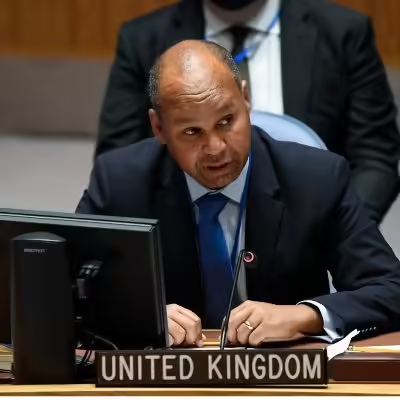A recent report by INCLUDE, a Dutch-Africa platform based in the Netherlands, has shed light on the significant challenges facing youth and women in Nigeria’s renewable energy sector, particularly in terms of employment opportunities. The findings, unveiled during a virtual symposium, also presented actionable strategies aimed at fostering a more inclusive and equitable workforce in the sector.
The symposium, titled “Decent Jobs for Youth and Women in Nigeria’s Low-Carbon Transition,” was held in collaboration with the House of Representatives Committee on Renewable Energy, chaired by Hon. Afam Victor Ogene. The event brought together policymakers, experts, and stakeholders to discuss the obstacles and potential solutions for integrating marginalized groups into the renewable energy workforce.
Anika Altaf, the Executive Director of INCLUDE, emphasized the platform’s commitment to promoting evidence-based policymaking on inclusive development, particularly in Africa. “We do this through our three pillars: Research, Knowledge Exchange, and Policy Dialogues,” Altaf explained, underscoring the platform’s approach to fostering sustainable development.
Hon. Ogene, in his opening remarks, expressed the Committee’s satisfaction with the impact of its collaboration with INCLUDE. He highlighted that these joint efforts, particularly through inclusive policy dialogues, have been instrumental in prioritizing the needs of the people, especially in rural areas, in terms of access to clean energy.
“Nigeria’s partnership with INCLUDE has substantially enhanced the Committee’s core objectives, which include developing policies and initiatives to promote investment in renewable energy technologies in Nigeria,” Ogene noted. He also announced a major milestone from this collaboration: the upcoming National Conference on Renewable Energy in Nigeria. “This landmark event aims to convene key stakeholders in the Nigerian and international renewable energy sectors for a fruitful dialogue on policy and sustainable development in the industry,” he added.
Victoria Manya, the lead researcher for INCLUDE, delivered a presentation that highlighted the specific challenges faced by youth and women in the sector. Among these were the lack of labor-based incentives, exclusion from decision-making processes, persistent energy poverty, and barriers to entrepreneurship. She also pointed out the risks posed to informal sector jobs, such as those in charcoal production, due to the shift towards renewable energy.
Manya concluded that for Nigeria’s low-carbon transition to be truly inclusive, it must prioritize labor-based incentives and involve marginalized groups in policy formulation. “This approach will not only bridge the energy poverty gap but also ensure that the benefits of the transition are widely shared across all segments of society,” she stated.
The symposium provided several key recommendations for moving forward:
Strategic Multi-Stakeholder Collaboration: The importance of cross-sectoral collaboration, particularly between lawmakers and technical experts, was emphasized as vital for crafting comprehensive policies that address the complex challenges of a labor-driven low-carbon economy.
Data-Driven Socioeconomic Strategies: Accurate data collection and analysis were identified as critical for developing effective labor-based incentives. This data is essential to inform policy decisions, measure socioeconomic impact, and ensure inclusivity in the low-carbon transition.
Entrepreneurship and Empowerment: The role of entrepreneurship in driving the transition, especially for youth and women, was highlighted. Embedding labor incentives within the entrepreneurial ecosystem is seen as a way to stimulate innovation, foster economic resilience, and support sustainable livelihoods.
Bridging the Energy Poverty Gap: The symposium underscored the potential to bridge the energy poverty gap through a labor-focused transition to renewable energy. Raising public awareness and engaging stakeholders, particularly in marginalized areas, was deemed crucial for ensuring equitable distribution of the transition’s benefits.
The symposium, which featured attendees from the House Committee on Renewable Energy, Climate Change, and Youth Development Affairs, as well as various industry experts, marked a significant step towards addressing the challenges and harnessing the opportunities within Nigeria’s renewable energy sector.





